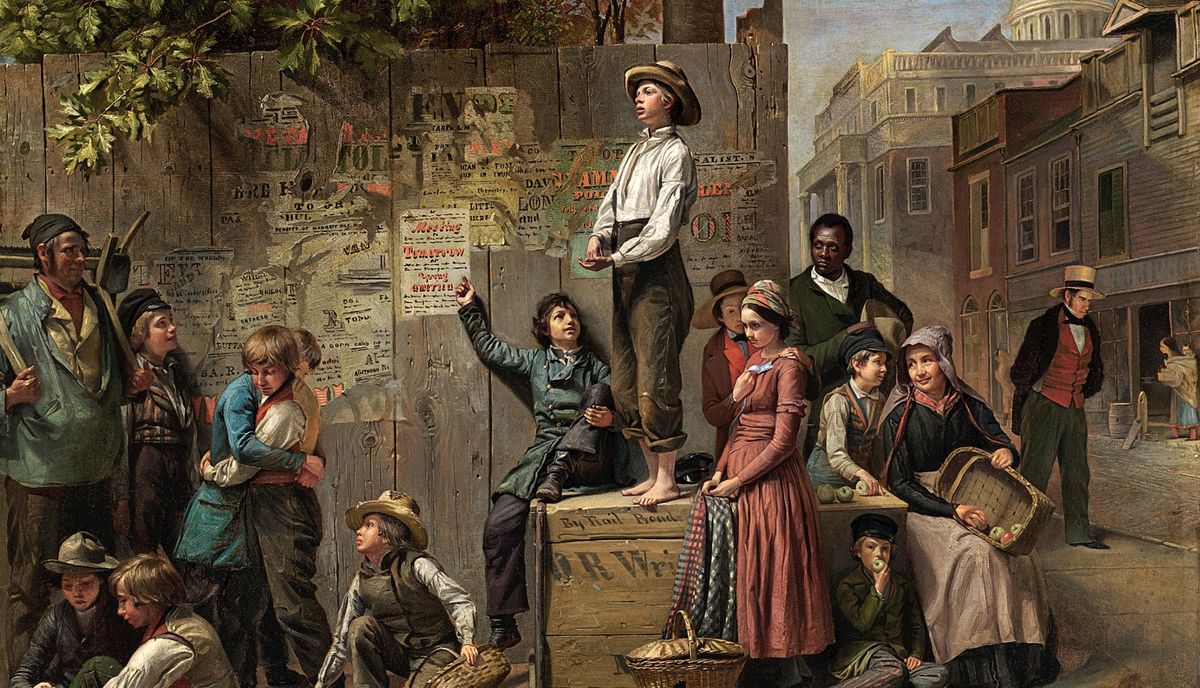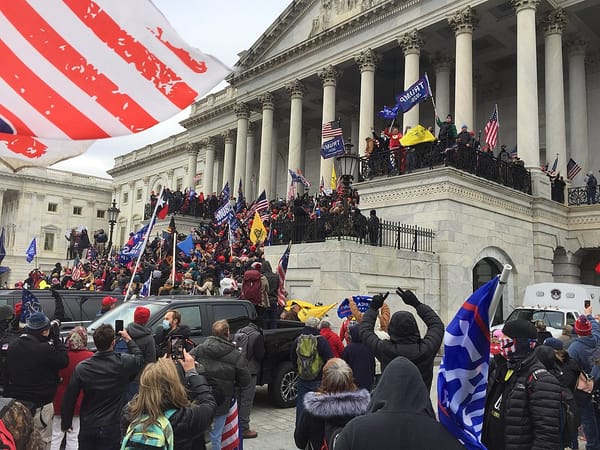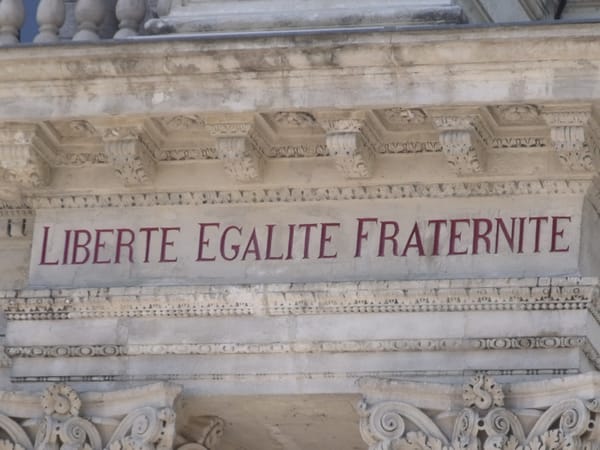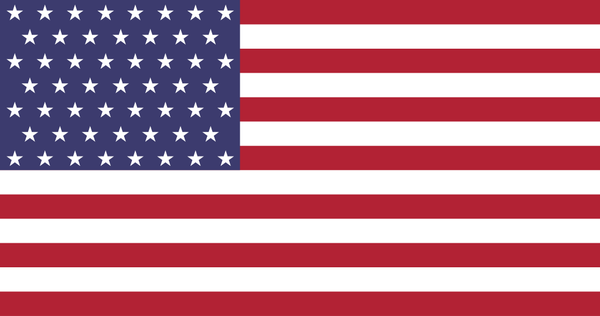Is Freedom of Speech Obsolete in the “Disinformation” Era?

Is freedom of speech an unquestioned creed, adhered to despite its dangers, or is it a principle that has prevailed by proving its value to the individual and community? Critics like Emily Bazelon assert that freedom of speech is an unproven value, based in “an article of faith . . . that more speech is better.” She contends that recent experience shows not only that truth does not always triumph, but also that speech must be controlled to protect the vulnerable.
This is hardly a novel challenge. The belief that the government must control speech to protect the community is one of the oldest arguments against free speech. When John Cotton defended fellow 17th century Puritans’ actions against dissenters, he argued that they were stopping the spread of harmful ideas in the Bay Colony. And, as Andrew Murphy has pointed out, the Puritan leaders were “deeply concerned about social order and” threats to “their communities’ basic survival.”
This conflict between concern for one’s community and the freedom to share ideas that might harm it is perennial. The antebellum South sought to suppress abolitionist literature that white Southerners thought would incite slave rebellions. After both world wars, the U.S. feared that communist thought was infiltrating American institutions and culture. And today, politicians and tech platforms push to limit speech that they believe spreads hate or misinformation.
In answering these arguments, proponents of free speech did not succumb to what J.S. Mill termed the “pleasant falsehood,” that “truth always triumphs.” Rather, looking over history, they saw a greater threat that the government, once given control over speech, would undermine the truth to support the purposes and interests of those in power. Thus John Locke, one of the thinkers whose ideas inspired our Declaration of Independence and the First Amendment, urged that truth would generally do better “if she were once left to shift for herself.”
This freedom benefits both the individual and the community. Mill noted that grappling with opposing ideas creates a deeper understanding of the truth, one that “penetrate[s] the feelings,” and becomes a moving force in the individual’s life. But in the absence of such trial, individuals and communities are left with “shell[s] and husk[s]” of meaning that can be consumed by the fiery, impassioned zeal of hateful scapegoating.
Indeed, the belief that controlling speech will protect the community or its members may itself be a false article of faith. As in Ms. Bazelon’s New York Times Magazine essay, the refrain is that hate speech laws would have protected Jewish minorities from persecution by the Nazis. But Germany had such laws and enforced them against the small percentage of newspapers controlled by the Nazis. The attempts to control Nazi speech only increased the fervor of the faithful. And when Hitler came to power through the maneuverings of nonbelievers who hoped to use him as a puppet, the state’s control over the media enabled what then became the Nazi propaganda regime, to terrible results.
Thus, the debate between community and freedom of speech forces us to come to grips with fundamental questions. Are we more afraid of freedom of speech or of the government’s power to control our speech? And do we trust ourselves to be a free, democratic society? If the government controls our decisions through the careful curation of the information we receive, are we really a free people living in a democratic republic? Benjamin Franklin reputedly said that that the Framers had given the American people “[a] republic, if you can keep it,” and Federalist 55 argued that our system of government presupposed qualities of reason and virtue in its citizens. Do we have them?
If we don’t, then the project of liberal democracy itself must fail. If we lack the reason and will to seek out and sift through the information needed to address the complex problems we face, then our decisions must be made for us, or our leaders must fool us into making the right ones. But, if we lack or don’t value those qualities, how can we be trusted to choose the leaders who make our decisions? They too must be chosen for us, whether through a carefully guided pretense of democracy or by tearing down the façade altogether. But this all begs the question: Given that the leaders also are the products of a culture supposedly unable to sustain reason and virtue in its people, why would we trust those elites any more than the people?
The liberal tradition, as explained in Federalist 55, answers these questions with both faith in, and wariness of, human nature: “As there is a degree of depravity in mankind which requires a certain degree of circumspection and distrust, so there are other qualities in human nature which justify a certain portion of esteem and confidence.” This applies to both the people and the leaders they choose. We have to give both the benefit of the doubt, that they will have basic qualities of reason and virtue, and we have to protect against the temporary failure of those qualities in both the people and their leaders. As said in Federalist 51, “you must first enable the government to control the governed; and in the next place oblige it to control itself.”
Thus, we should be cautious in giving government the power to control the information we receive. It is at odds with the liberal tradition’s necessary trust in the people and its distrust of unbridled power. Those we trust will not always wield power. Over the most recent election cycles, those on the left feared the corruption and lies they saw in Donald Trump, while those on the right feared the corruption and lies they saw in Hillary Clinton and Joe Biden. In the revolution from one administration to another, truth could become the casualty of the power given to combat misinformation.
All this is not to say that the status quo is without problems, or that free speech will necessarily lead to the right answers. But support for a robust freedom of speech is not an unrealistic Pollyannaism. It is a decision to trust individuals to inform and govern themselves, even when we know they won’t always do so wisely. And it is a recognition that individuals and society are generally better off with freedom of speech, and often far worse without it.
Featured Image is Young America by Thomas Le Clear




